Tech News
iPhone 16 Pro vs. Google Pixel 9 Pro: Who Has the Best Pro Phone?
Key Takeaways
If you're in the market for a flagship smartphone, the iPhone 16 Pro and the Pixel 9 Pro are two of the best choices available to you. But on the surface, they have similar looks, prices, and specs, so how exactly do they compare? And is one an obviously better choice than the other?
They Look the Same, but the iPhone Has Better Buttons
When it comes to design, you'll have to look pretty hard to spot the differences. The once-boxier design of the Pixel has given way to iPhone-style rounded corners, they both have a glass front and back, and they're virtually the same size—the weight and thickness are identical, and the Pixel is very slightly taller and wider (which in turn means very slightly larger bezels).
The iPhone has a titanium frame instead of aluminum—although the benefits are negligible. It also has the larger Dynamic Island instead of the Pixel's hole-punch camera and a square camera housing on the back rather than the Pixel's distinctive camera bar.
The most interesting design differences are the two extra buttons on the side of the iPhone 16 Pro. There's the programmable Action Button, which you can assign to an everyday task like turning on the flashlight or recording a voice note.
And there's the all-new Camera Control button that you can use to launch the camera, zoom, switch shooting modes, and much more. It's one of the best features in the iPhone 16 range.
The Pixel's Screen Gets Brighter
The iPhone 16 Pro and Pixel 9 Pro both have 6.3-inch OLED displays with a refresh rate that tops out at 120Hz for buttery smooth animations. Both drop as low as 1Hz to improve battery performance.
The Pixel's display has a slightly higher resolution, with a pixel density of 495 pixels per inch compared to the 460ppi of the iPhone. In reality, you're unlikely to notice any difference. It's likely to be a similar story with the brightness, which tops out at 2000 nits on the iPhone, and an eye-wateringly bright 3000 on the Pixel. Google's phone will handle searingly bright sunlight better than Apple's, but in everyday use you're not likely to see much difference.
The iPhone uses the latest generation Ceramic Shield glass, which Apple claims is twice as tough as any other smartphone glass. It's made by Corning, the same company that makes the Gorilla Glass Victus 2 on the Pixel 9 Pro. There's no easy way to test which is better, not least because Apple doesn't say what it means by "tougher." Either way, you might not need a screen protector anymore.
The Pixel Has a Brighter Ultra-Wide Camera
The two phones have similar camera setups, with some minor differences. The main camera on the Pixel 9 Pro has a 25mm focal length, a 50-megapixel resolution, and a large f/1.68 aperture. The iPhone is a touch wider at 24mm, has a lower resolution at 48MP, and a slightly darker lens at f/1.78. The iPhone's sensor is also marginally bigger. In reality, none of these differences will be significant.
Both phones have a periscope telephoto lens with a 5X zoom and optical image stabilization. The obvious difference is that the Pixel's sensor is 48MP, and the iPhone's is 12MP. More pixels don't mean better photos, of course, but you would expect the Pixel to capture more detail.
Perhaps the biggest difference between the cameras and the ultra-wide option is that The Pixel's lens is noticeably brighter at f/1.7, compared to the iPhone's f/2.2 aperture. This should help when shooting in low-light conditions.
The camera app in the Pixel 9 Pro packs in more features for manual photography than you get in the regular Pixel 9, yet the capabilities lag behind the iPhone in certain ways.
For example, the iPhone can shoot 4K video at 120fps while the Pixel is limited to 60fps. The iPhone also makes it easy to change the look of your photos on the fly with its Photographic Styles. You can either use these presets with their default settings or tweak the colors as you go. The Pixel camera app has far fewer options in this regard.
Plus, there's the Camera Control button on the iPhone that we've already mentioned. It gives the phone the feel of a real camera.
Battery Life Should Be the Same
Apple doesn't publish detailed specs of the battery in the iPhone 16 Pro, so it's hard to make a direct comparison between the two devices. The company claims the phone is good for 27 hours of video playback, while Google's handset is described as offering "24+ hour battery life."
Make of that what you will, but there's unlikely to be a major difference between the two.
Charging speeds are similar as well. 30 minutes of charging takes the Pixel to 55% (at 27W) and the iPhone to 50% (at 20W). They both offer faster wireless charging with their own accessories—21W using the Pixel Stand and 25W with MagSafe—and slower via a Qi-compatible charger (12W and 15W, respectively).
Apple's A18 Pro Is Unbeatable
The core internals are where the two devices differ the most. Apple's A-series chips are always the most powerful you can get in a smartphone, and Google has stated that it isn't chasing raw speed or benchmark records with its Tensor chips.
Apple says that the A18 Pro chip in the iPhone 16 Pro delivers 15% faster CPU performance and 20% faster GPU performance than the iPhone 15 Pro, which already massively outperformed the Pixel 9 Pro in benchmark tests. Built on a 3nm fabrication process, it is perhaps the biggest selling point of the new model, especially if you're into gaming.
But while the Tensor G4 chip in the Pixel 9 Pro is inevitably slower, that doesn't mean it's slow. Both chipsets are optimized for AI, which will become an increasingly important part of Android and iOS in the future.
The iPhone 16 Pro launched with iOS 18 and the Google Pixel 9 Pro launched with Android 14. This is a generation old, but the Pixel is good for seven major OS updates. Apple doesn't put a limit on how many updates it provides, but iPhones are famously well-supported (expect five years at least).
Both phones are also designed for AI through Apple Intelligence on the iPhone and Gemini on the Pixel. Both systems are still in their infancy, however, and their availability will depend on where you are in the world.
Both phones are available with four amounts of storage: 128GB, 256GB, 512GB, and 1TB. The prices are the same, apart from the highest tier where the Pixel undercuts the iPhone by $50.
|
128GB |
256GB |
512GB |
1TB |
|
|---|---|---|---|---|
|
iPhone 16 Pro |
$999 |
$1099 |
$1299 |
$1499 |
|
Pixel 9 Pro |
$999 |
$1099 |
$1299 |
$1449 |
There are remarkably few differences between the iPhone 16 Pro and the Google Pixel 9 Pro. They look similar, have the same size screens, are pretty much the same weight, the same price, and have largely the same set of features.
The iPhone is undoubtedly a lot more powerful thanks to the A18 Pro chipset, and it has some nice innovations, particularly in the form of the Camera Control button. Whether that's enough to switch platforms if you're already invested in Android is another matter. The differences are just not that great.
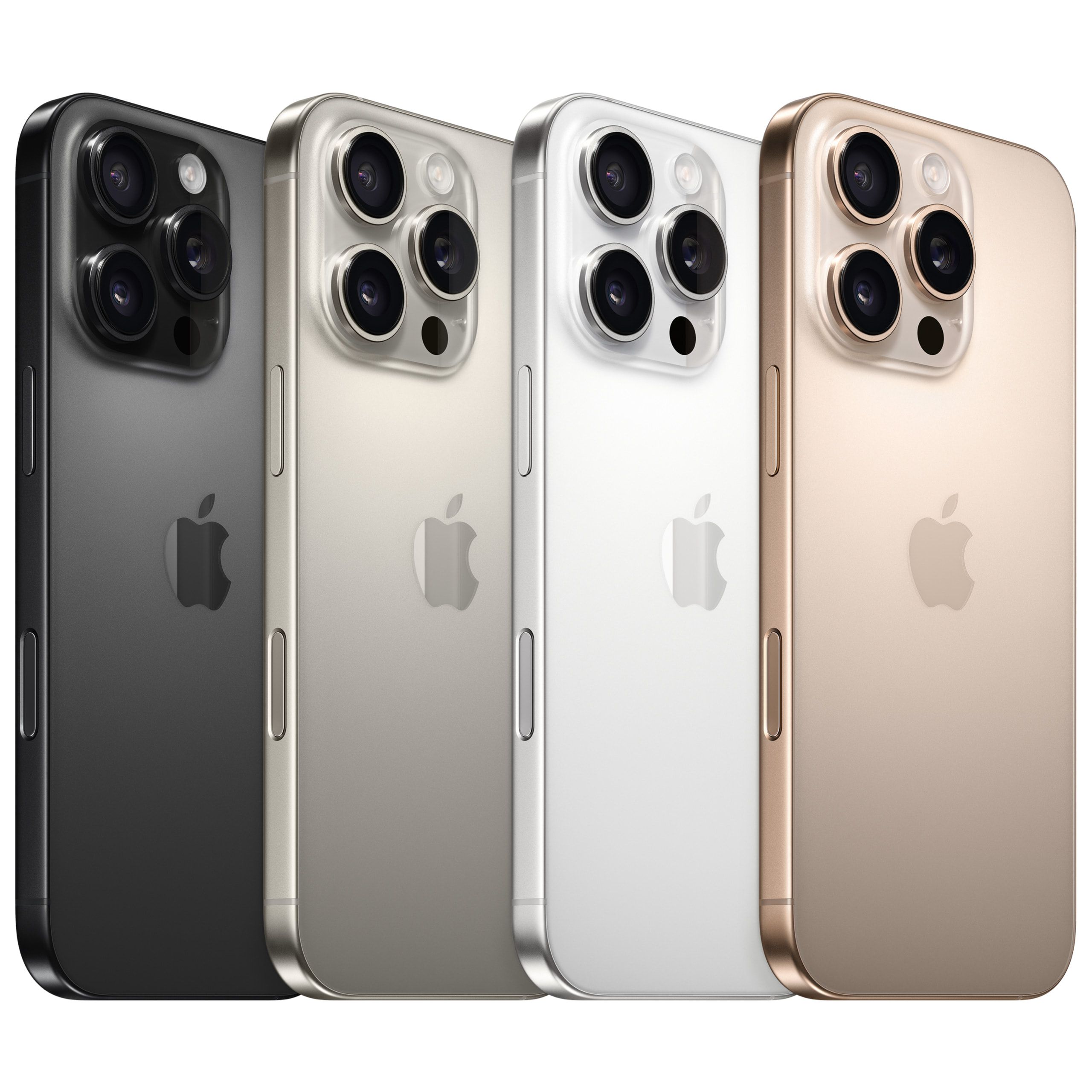
Apple iPhone 16 Pro
A version of Apple's newest iPhone with a larger screen featuring a camera button, a programmable action button, and artificial intelligence features.
Google Pixel 9 Pro
The Google Pixel 9 Pro features a sophisticated design, a powerful Tensor G4 processor, and 16 GB of RAM, making it ideal for advanced AI applications, stunning photos, and videos. It includes a pro triple rear camera system, a 42 MP front camera, and the brightest Super Actua display, offering an immersive experience in two sizes. Pricing starts at $999.
When you subscribe to the blog, we will send you an e-mail when there are new updates on the site so you wouldn't miss them.

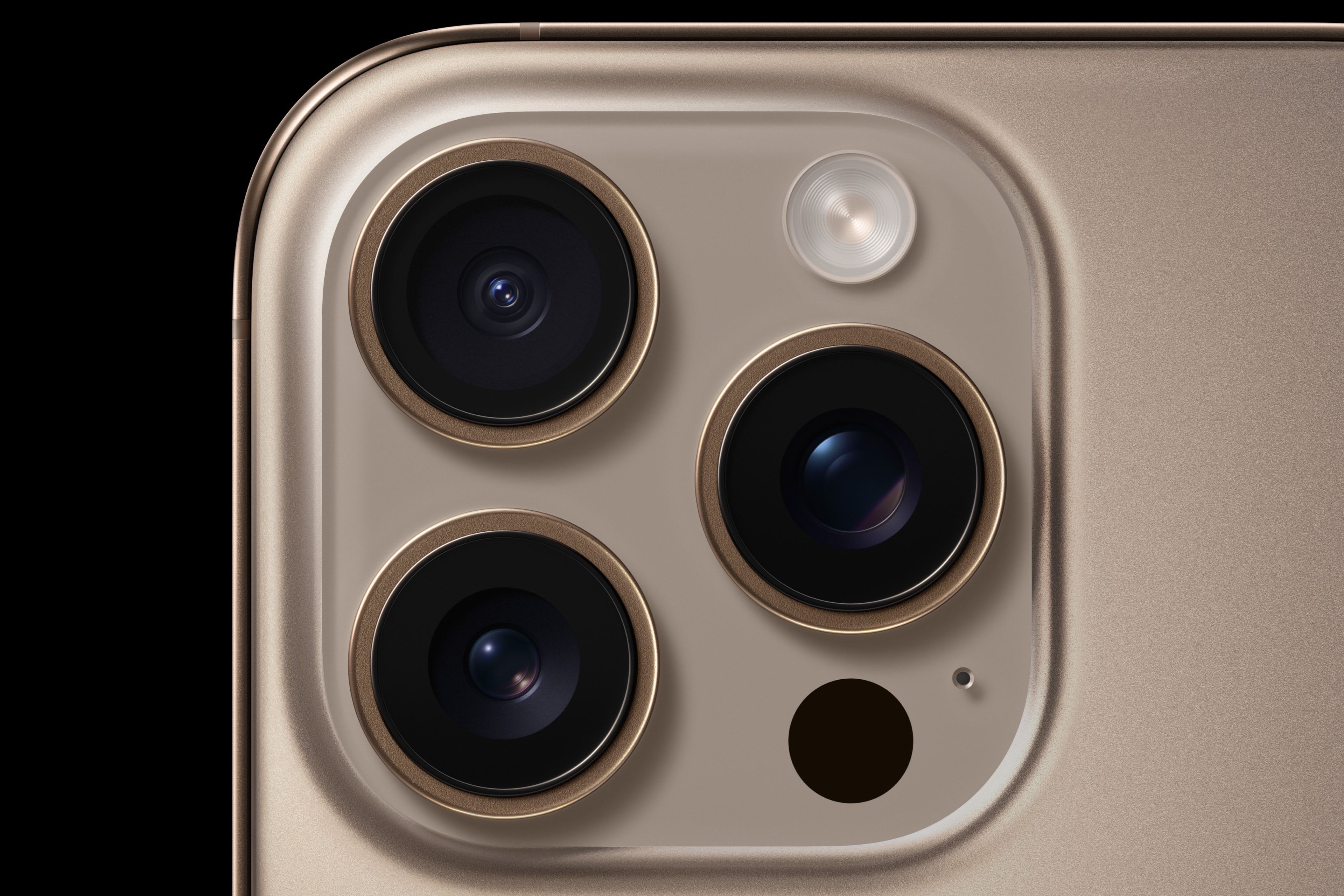 Apple
Apple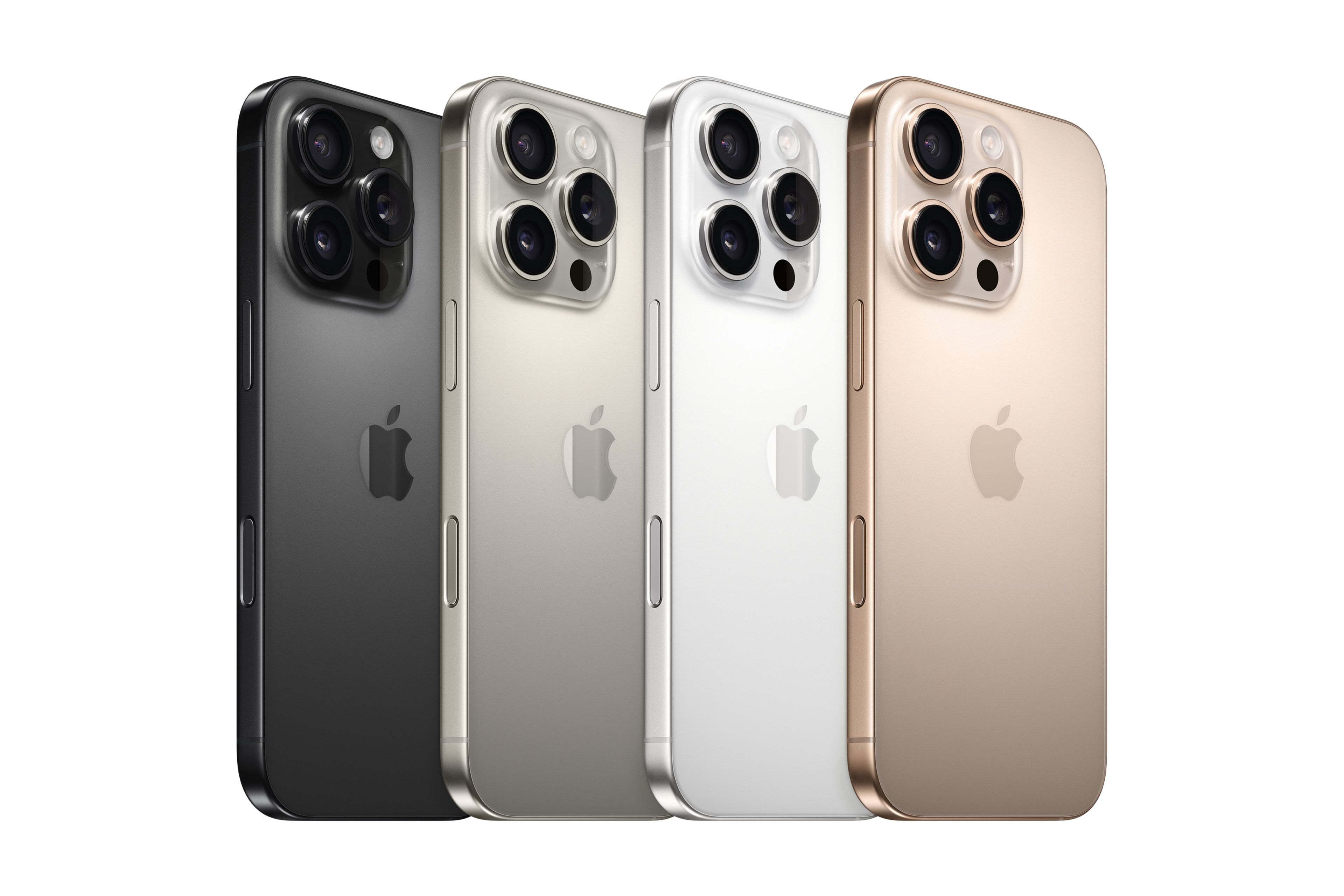 Apple
Apple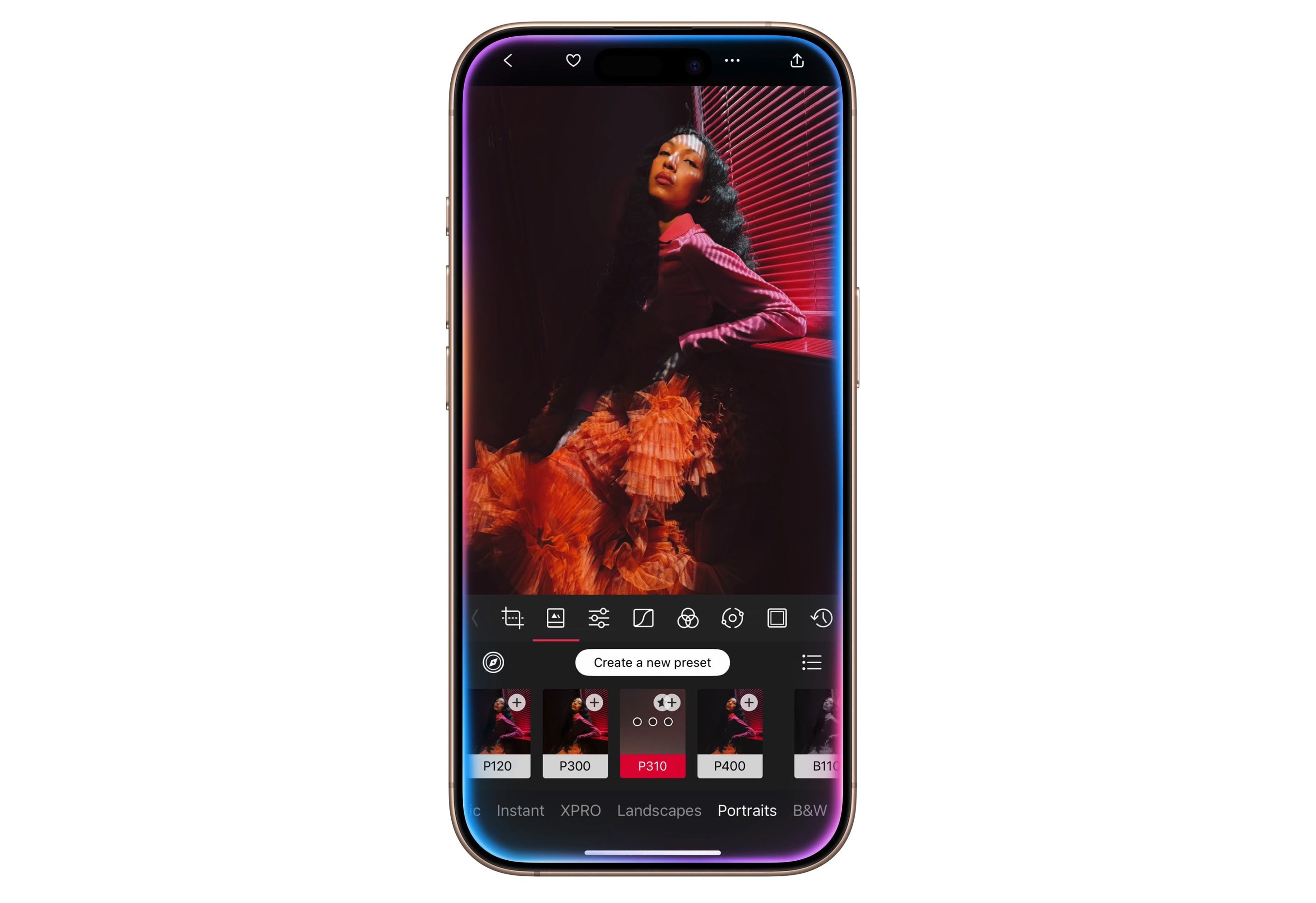 Apple
Apple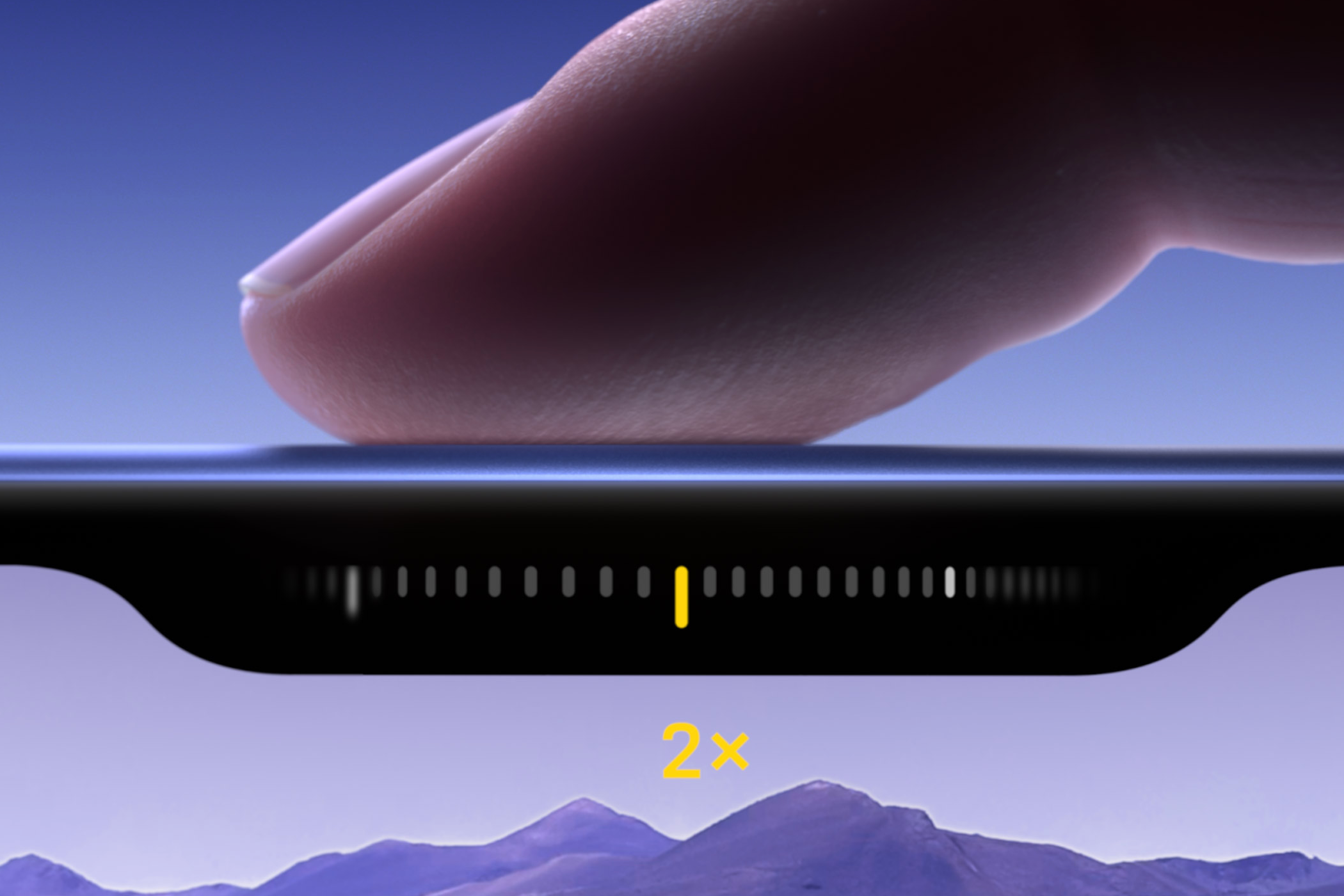 Apple
Apple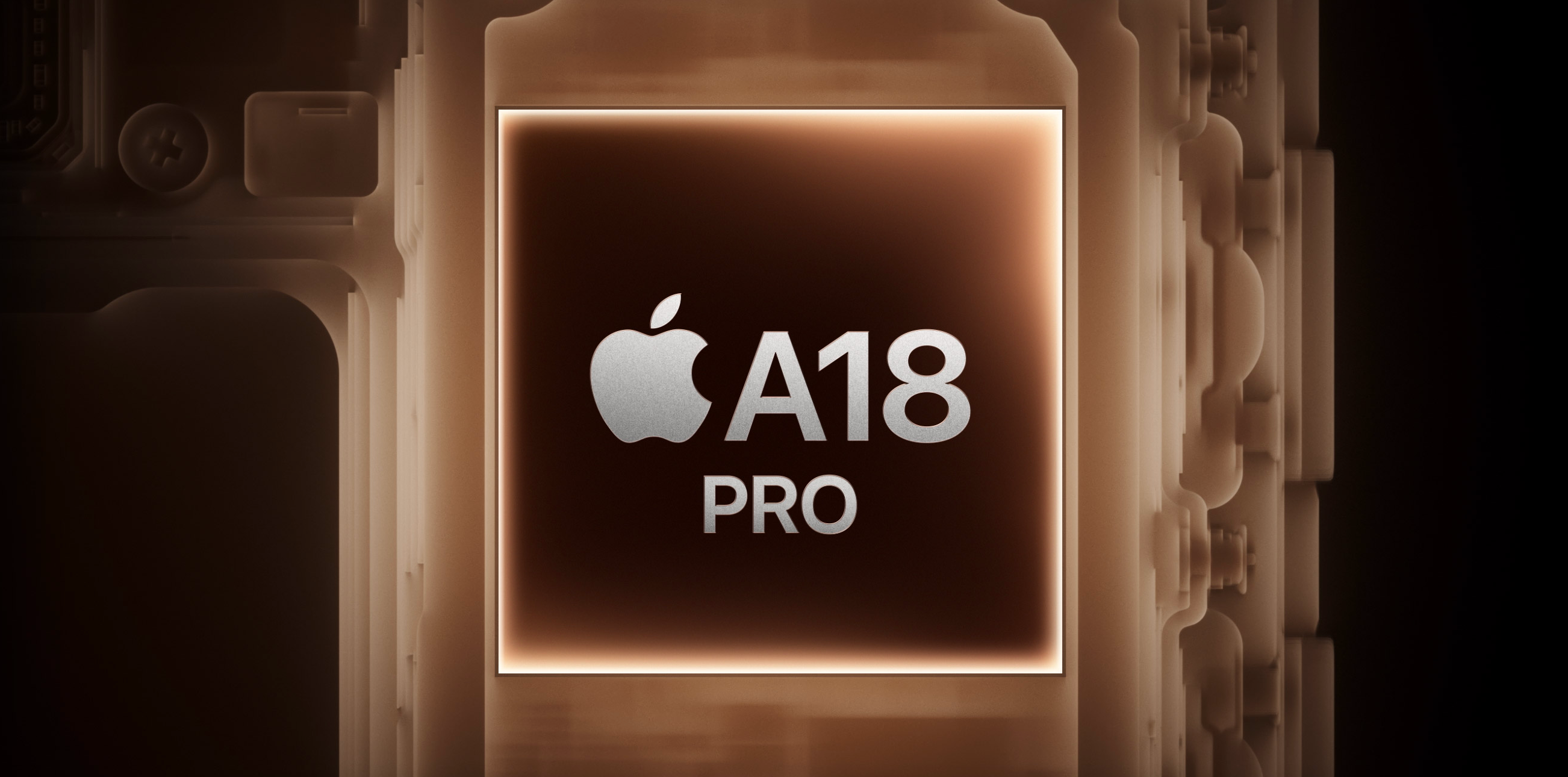 Apple
Apple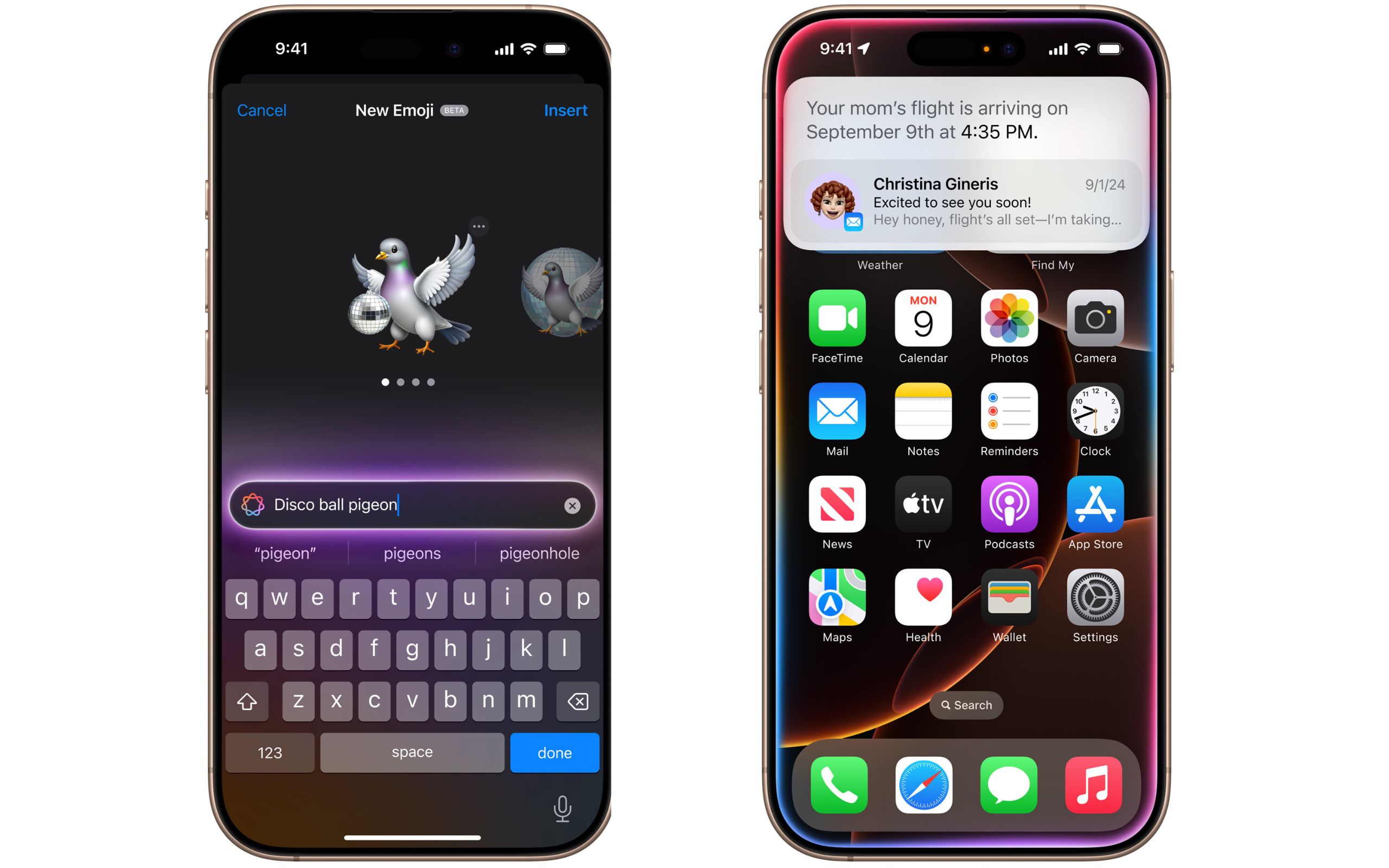 Apple
Apple
Comments